The development of Shandong opera has a very long history. Based on the vocal styles of the different cultural regions, the opera can be categorised as northwestern Lu, southwestern Lu, central Lu, southern Lu and eastern Lu. Heze culture, which belongs to the southwestern Lu area has profound depth; in the words of Sima Qian, it represents “the centre of heaven and earth”. The Research Institute of Regional Opera Legacy of Heze Municipal of Shandong is bringing opera enthusiasts a selection of Shandong operas which covers five regional genres, including Daxianzi Opera, Zaobang Opera, Liangjiaxian Opera, Dapingdiao Opera and Shandong Bangzi Opera. The first four genres will make their debuts in Hong Kong and they are going to fully demonstrate the vibrantly emotive, bold and rustic charm of Shandong opera. Daxianzi Opera is developed from the popular tunes and vernacular songs of the Yuan and Ming dynasties. The tune singing comes with the rustic and refined styles. The performance is intervened with exaggeration and subtlety. Stage movements are made in an exaggerated range, but the accompanied music played by xidi and other instruments is exquisite and mild. Mount Liangjia is a classic title of Daxianzi Opera, which has been restaged to revive the Shandong opera art. Zaobang Opera uses bangzi made of jujube wood as percussions, and the music is accompanied with the musical saw, with a rich variety of rhythms and set tunes. Liangjiaxian Opera is transformed from “flower-drum operas” sung by farmers. Its refreshing singing style has earned it the name of “half a bowl of honey”. Dapingdiao Opera was once popular in the five provinces and eight states. The instruments played in a martial scene consist of a pair each of large cymbals nao and bo, which are commonly called “the four big hand fans”. These are accompanied by the jianzi trombone to convey a majestic mood. Shandong Bangzi Opera is also called “a bangzi vocal style that risks one’s life”, indicating it is an assimilating manner. The finest actors of all these genres will be appearing in the programme, forming a truly rare and spectacular extravaganza on various Shandong opera genres.
Daxianzi Opera
Alternatively known as Daxianxi, which is an ancient operatic genre popular in southwestern region of Shandong. The name reflects that the singing in Daxianxi starts with sanxian. Developed from the popular tunes and vernacular songs of the Yuan and Ming dynasties, there is a variety of arias and set tunes. The tune singing comes with the rustic and refined styles. The rustic style features many words and a hurried tune which depicts a galvanized mood; the refined style features fewer words and the tune is played with a slow tempo that sounds like the floating clouds and running water. The style of singing is bold and vigorous, but the accompanying music of the sanxian, xidi and dadi is refined and elegant. The stylised movements are strong and exaggerated, and the overall performance is played between two extremes: exaggerating and subtle.
Dapingdiao Opera
Originally named Pingdiao, it won the name as its music is of a lower pitch than the Shandong Bangzi Opera and Hebei Bangzi Opera. As it uses especially large bangzi (about 2 feet long) in the percussion, it was also called Dayoubang or Dabangxi; now it is commonly known as Dapingdiao. It was popular about 500 years ago in the region of Caozhou (now Heze Municipal) and Puyang and Hua County of Henan, across the border region of five provinces as Hebei, Shandong, Henan, Jiangsu and Anhui; with Zhengzhou and Chenzhou to the west, Xuzhou and Bozhou to the south, Daming and Cizhou to the north, and Jining and Yanzhou to the east; thus it boasted to be popular in “Five Provinces and Eight States”. The roles are mainly sheng (male) and jing (painted face), the acting is crude and forceful, speaking up in natural voice and arias in falsetto. The instruments played in a martial scene consist of a pair each of large cymbals nao and bo, which are commonly called “the four big hand fans”. These are accompanied by the jianzi trombone to convey a majestic mood.
Liangjiaxian Opera
Alternatively known as Erjiaxian, also called Dawuyin. The refreshing and smooth aria won it the name of “half a bowl of honey”. It was popular in the southwestern part of Shandong during the mid-Qianlong period. It was transformed from “flower-drum operas” sung among the people. The plays are often about the daily lives of “three xiao” main roles, xiaosheng (young male), xiaodan (young female) and xiaochou (young clown) roles.
Zaobang Opera
During the years of Guangxu reign of the Qing dynasty, Shanxi Shangdang Bangzi was introduced into Heze Municipal, Shandong. Under the influence of the local dialect, a new regional genre is thus established. As the singing and acting uses the percussion of banzi made of jujube wood, thus the name Zaobang. The aria is special, the honglian (red face) and heilian (black face) sing the rhyme “oh ah” in one higher octave in falsetto, while the xiaosheng (young male) and xiaodan (young female) give out the sounds of “yi ah”. The accompanying musical instrument is mainly a musical saw. With enriched rhythm and set tunes, the performance is exaggerated and the arias are excited.
Shandong Bangzi Opera
Popular in the southwestern and middle regions of Shandong, also known as Gaodiao, Caozhou Bangzi, Shandong Bangzi Opera is a regional opera genre developed from Shanshan Bangzi Opera. It is of the same roots but a different branch of Henan Bangzi Opera. It has about a history of 400 years, due to its intensity, it is also known as “life-risking bangzi aria”. The style of performance is exaggerated, with loud and high-pitched arias and the male roles mainly sing in erbenqiang with refined pronunciation. The sheng (male) roles use fine pronunciation, while the jing (painted face) roles pronounce in slightly explosive and less clear voices.

Daxianzi Opera Mount Liangjia









Daxianzi Opera
Zhai Yusheng
Meng Fanjin
Song Xiuhong

Dapingdiao Opera
He Xiliang

Liangjiaxian Opera
Liu Junhua
Kong Xueqin
Hou Yanli

Zaobang Opera
Liu Chang’an
Lu Qingru
Li Xiulian
Wang Fuzhi

Shandong Bangzi Opera
Zhu Fengchen


- With Chinese and English surtitles.
- Please refer to the ‘Extension Activities’ page for details of extension activities
- The running time of each performance is approximately 2 hours 15 minutes including an intermission of 15 minutes.







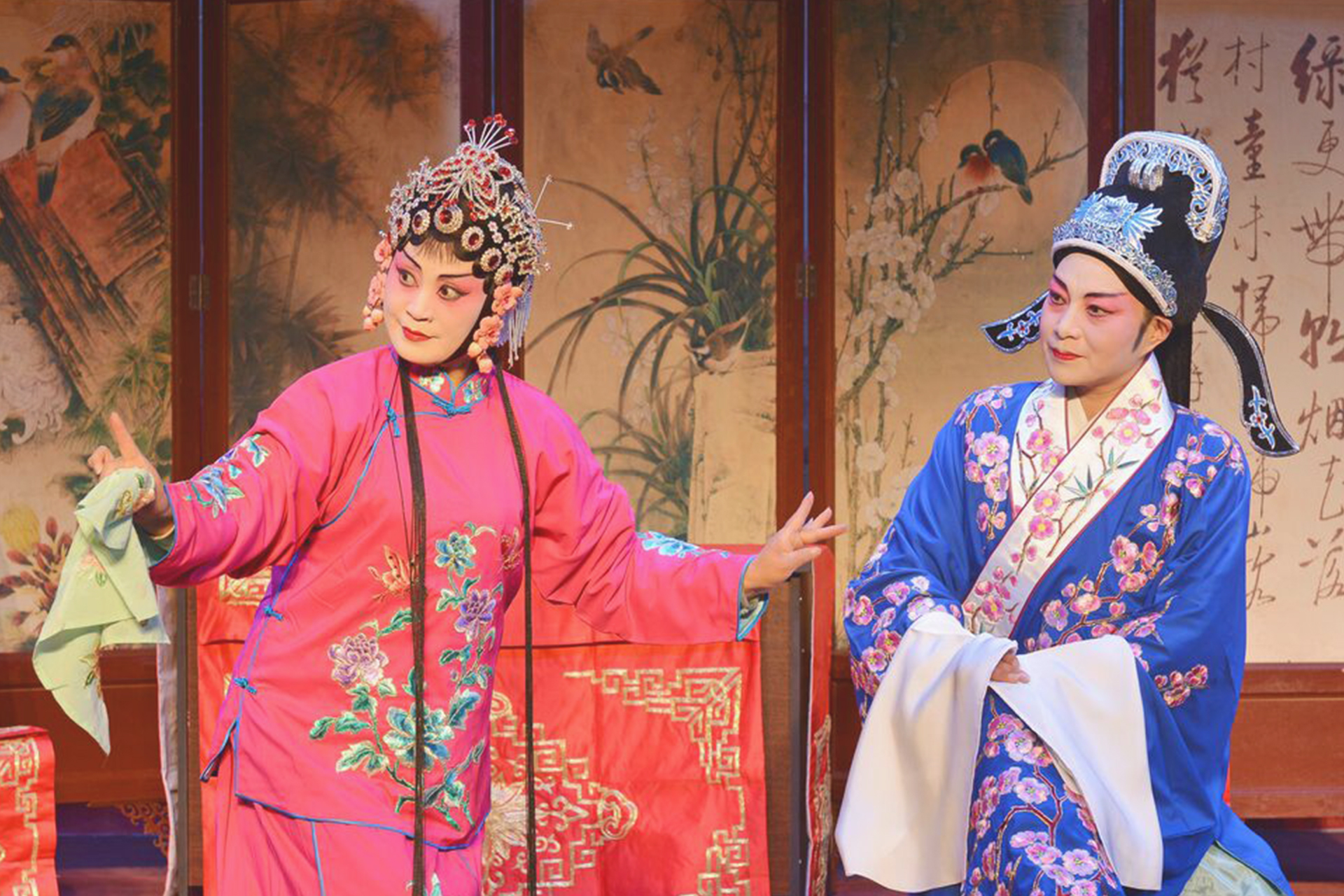
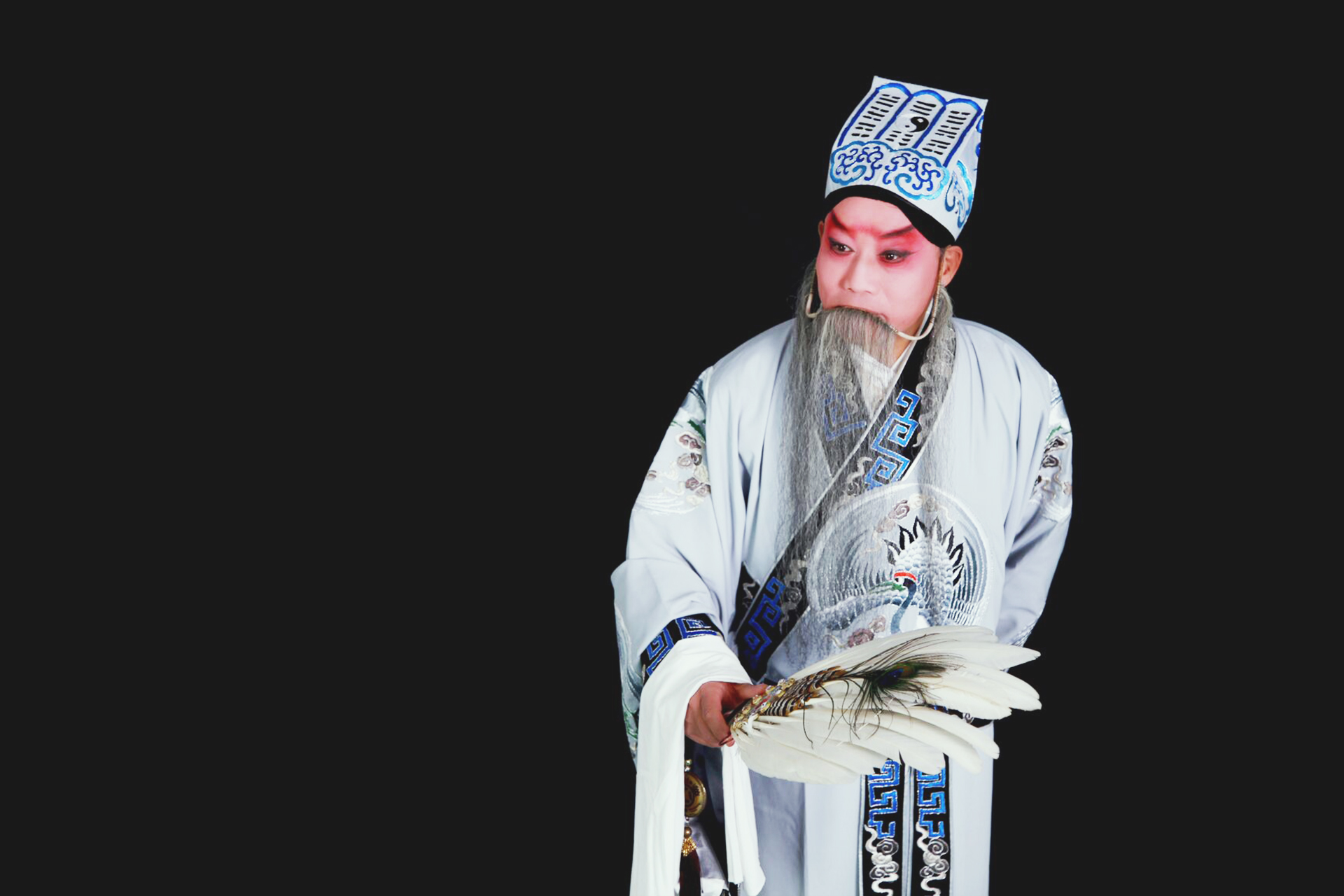
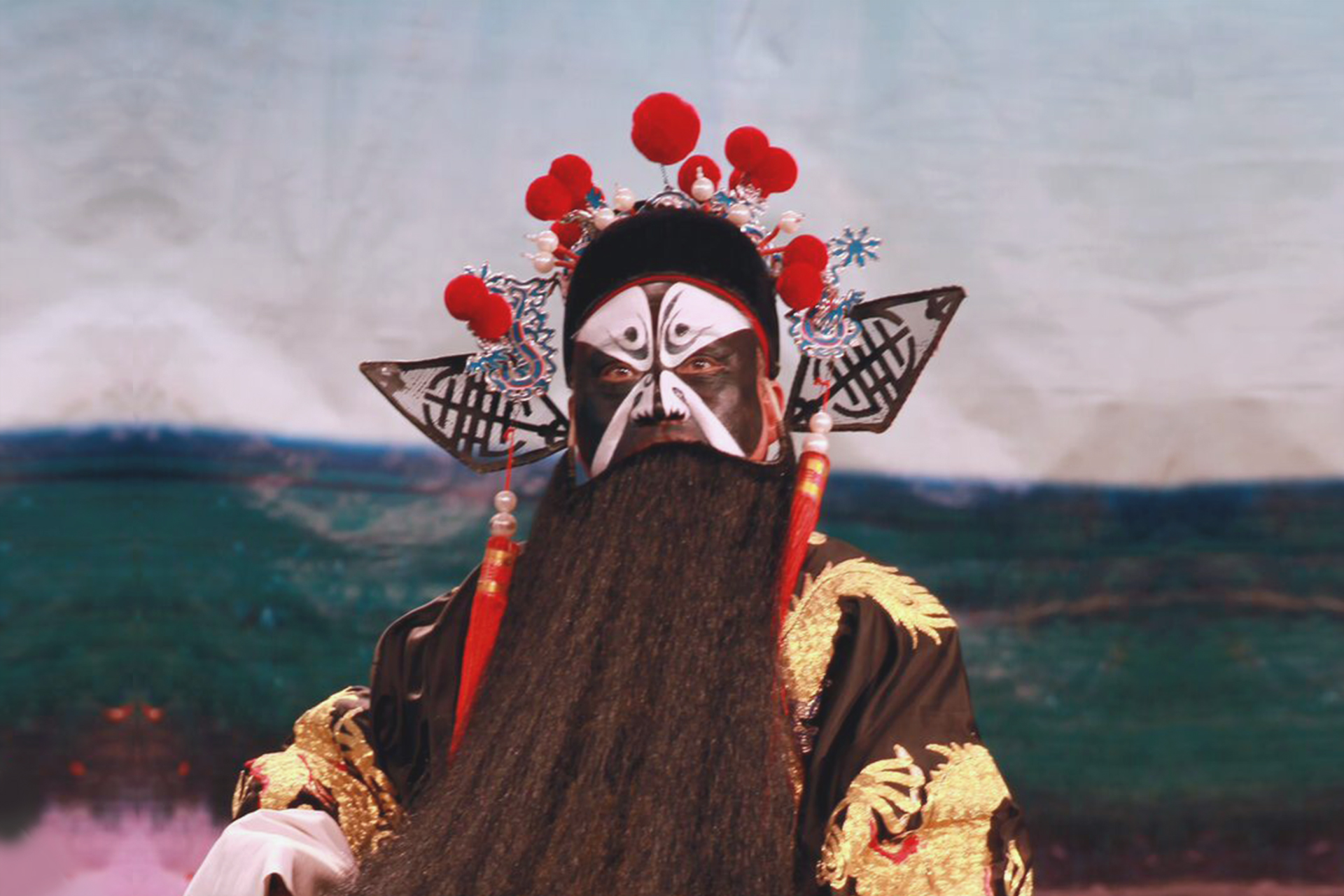
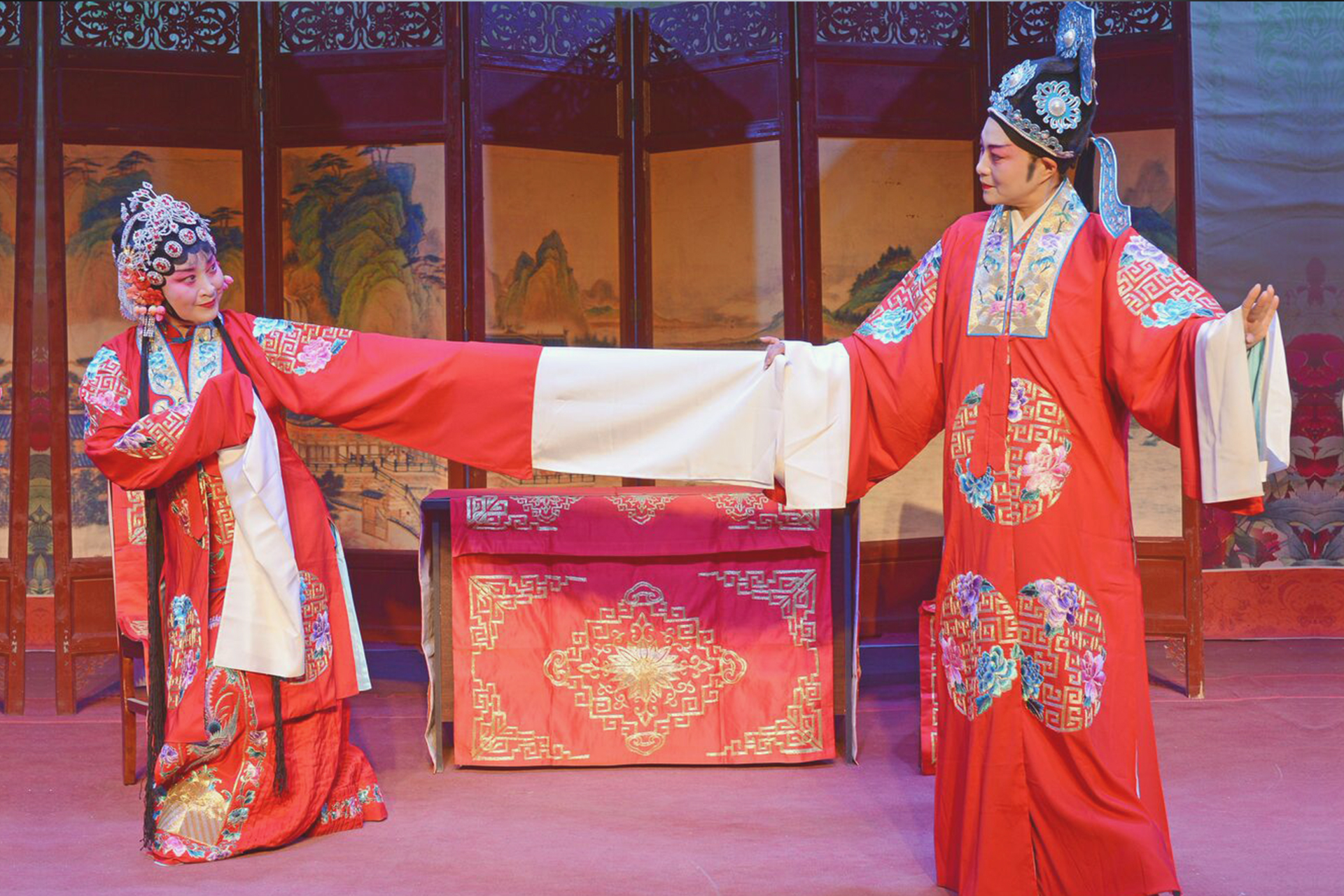
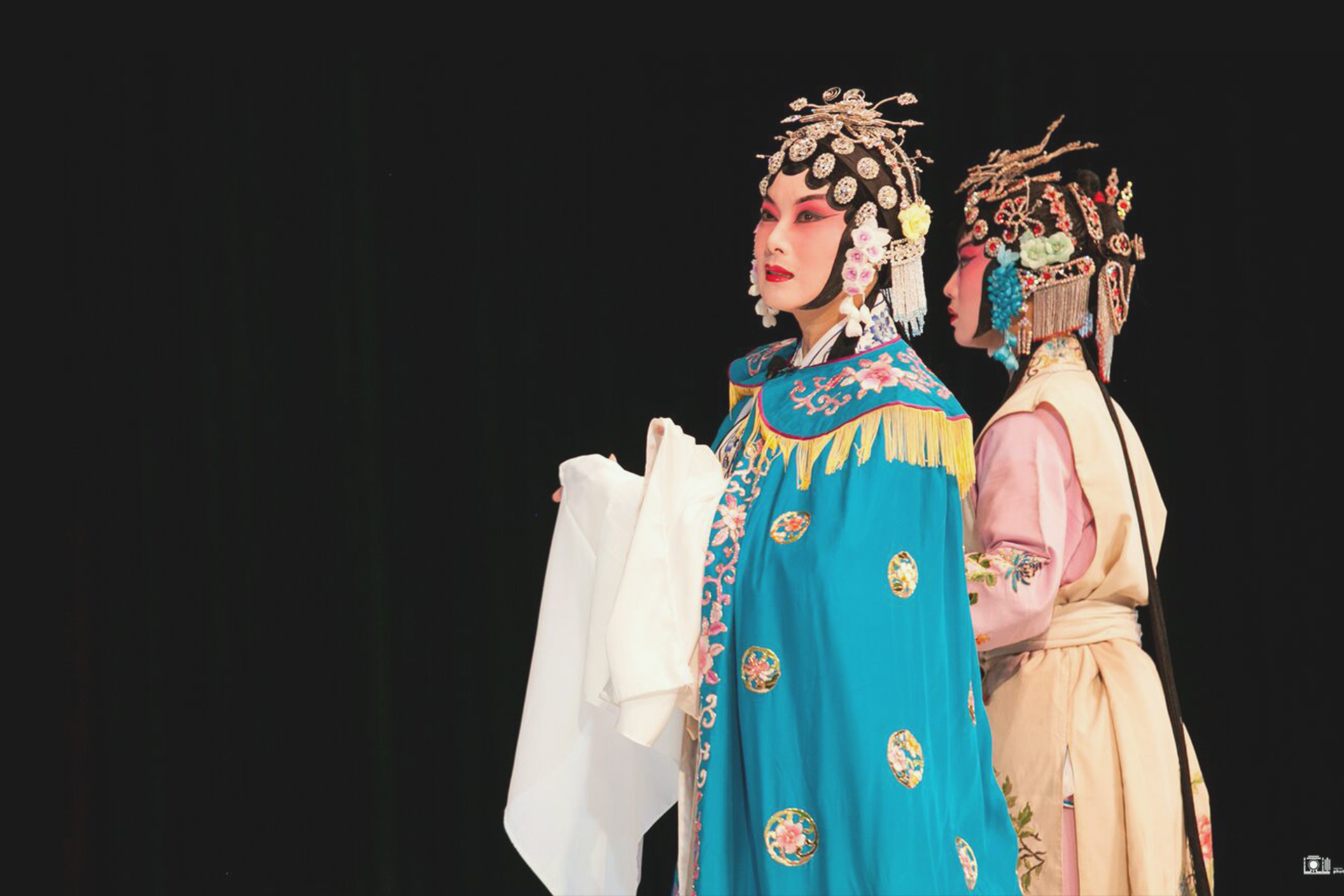

 $280
$280  $200
$200  $120
$120





